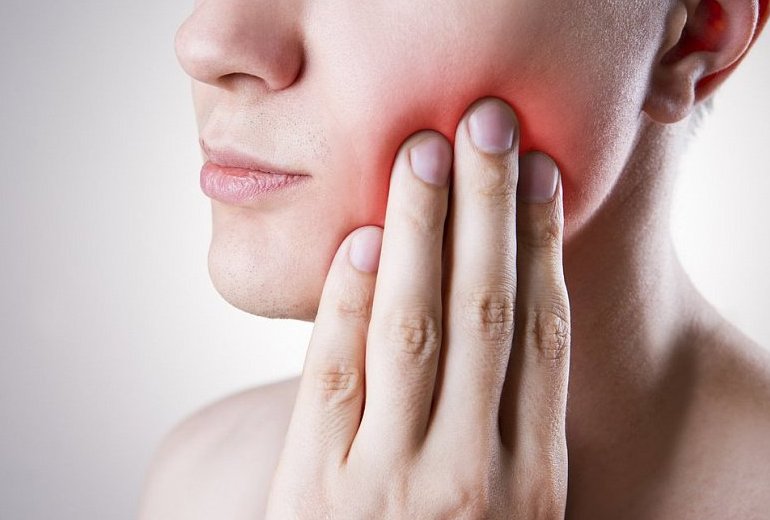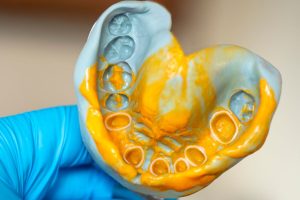Gum disease is a serious gum infection that damages soft tissues, according to this reputable dentist in ballwin mo. Without timely and proper treatment, gum disease can gradually turn into a chronic form. Due to the type of condition, there are localized and generalized gum diseases. In severe cases, gum disease can affect overall health and well-being. It can cause a feeling of weakness, fatigue, and an increase in body temperature.
Symptoms of gum disease
The most common symptoms of gum disease include:
- Swelling, bleeding, and pain
- Itching, throbbing, burning in the gums
- Bad breath
- Formation of gum pockets
- Excessive plaque
- Teeth displacement
Causes
There are a lot of reasons why you can develop gum disease. The most common of them are:
1. Poor oral hygiene
Incorrect and irregular oral hygiene contributes to the accumulation of plaque on the teeth and gums. This plaque turns into tartar over time. Moreover, harmful bacteria in the mouth can cause inflammation and bleeding of the gums (gingivitis). Without proper treatment, gum damage becomes irreversible and turns into gum disease.
2. Poor blood supply to the gums
For example, smoking significantly narrows the blood vessels in the gums. This leads to a lack of blood supply to the teeth and gums. The lack of chewing load which occurs if soft foods prevail in the diet can also lead to a slowdown in blood supply.
3. A lack of vitamins and other nutrients
The lack of fresh fruits and vegetables, greens, meat, fish, dairy products and other healthy foods affects the condition of your oral cavity.
4. Medical conditions
Other causes may include malocclusion and other abnormalities in the oral cavity. Diabetes, obesity, cholecystitis, hepatitis, gastritis, rheumatism, and other diseases can lead to inflammatory processes in the oral cavity.
Treatment options for gum disease
Effective treatment of gum disease can be provided only by a professional periodontist, dentist, and surgeon. First of all, it is essential to understand the importance of proper oral hygiene and individual care products.
It is impossible to start gum disease treatment without preliminary professional teeth cleaning. This procedure helps get rid of plaque and tartar. Treatment also includes the use of antiseptic solutions for periodontal pockets. Depending on the severity of the disease, your doctor may recommend you to perform individual medical procedures or surgery.
You should understand that without timely and proper treatment, damage to gum tissue becomes irreversible. Only a professional course of treatment and proper daily care can prevent the development of gum disease.
Prevention of gum disease
In order to prevent gum disease, you can follow these simple recommendations:
- Brush your teeth twice a day for at least two minutes, but no more than five.
- Use a comprehensive toothpaste to protect the entire oral cavity. If have problems with teeth and gums, it is worth using special toothpaste. However, it is not recommended to use such a toothpaste without need. Periodontal oversaturation with special ingredients can negatively affect the general condition of your oral cavity. Toothpaste for gum disease contains a high concentration of anti-inflammatory and hemostatic components that help relieve irritation and swelling of the gums. However, you should be careful because these beneficial components can cause an allergic reaction.
- Use additional tools like mouth rinse and dental floss for comprehensive oral hygiene. They will help to thoroughly clean the entire oral cavity.
- Perform gum massage, which improves blood circulation and maintains salivary glands. Massage is performed by gently stroking the outside of the gums with a soft toothbrush. You should alternate slow vertical and horizontal movements, massaging each jaw for 2-3 minutes.
When the first signs of gum disease appear, you should consult your dentist as soon as possible. Self-treatment and the use of home remedies can negatively affect the condition.












